Attorneys General in 27 states (as well as the legislatures in two others) and Second Amendment organizations have filed amicus briefs with the Supreme Court encouraging them to accept Snope v. Brown, a lawsuit seeking to overturn Maryland's ban on "assault weapons" on Second Amendment grounds.
Chuck Michel, head of the California Rifle & Pistol Association and co-founder of the 2A Law Center, filed one of the briefs on behalf of those organizations, as well as the Pink Pistols/Operation Blazing Sword, Federal Firearms Licensees of Illinois, Second Amendment Defense and Education Coalition, and the Minnesota Gun Owners Caucus.
Michel tells Bearing Arms that it's unusual to see amicus briefs filed in support of a cert petition. Ordinarily, those friend of the court briefs are filed after the Court has agreed to hear a particular case. He says the deluge of briefs that were filed urging the Court to grant cert to the gun ban case underscores just how important it is that the justices finally address the issue of bans on commonly owned semi-automatic rifles, shotguns, and pistols.
Michel's brief argues that, since the Supreme Court's decision in Bruen two years ago, two different Second Amendments have emerged from the courts. The first, he says, generally aligns with the "faithful application of Bruen to modern firearm possession and usage." The other Second Amendment, however, "reflects an intent to erode Bruen by introducing granular analyses that distort and diminish the right much like the now-discredited two step 'means-ends scrutiny' test before Bruen.
To be sure, some differences in outcomes based on reasonable differences in judicial philosophy and interpretation are to be expected. But the current split seems to go beyond good-faith disagreements. Rather, a pattern has emerged where some courts appear to operate with a deliberate intent to subvert the Second Amendment, as clarified in Bruen. Consider Duncan v. Bonta, a Ninth Circuit case challenging California’s ban on magazines holding more than ten rounds. The case has been percolating since 2017 and was previously remanded by this Court following Bruen. After remand, the district court again struck down California’s law under the Bruen framework. In a seemingly unprecedented move, however, the Ninth Circuit en banc panel that had heard the previous appeal reassumed control of the case—bypassing the typical three-judge panel—to ensure a preordained result.
As noted by Judge VanDyke in his dissent:
Apparently, even summary reversal by the Supreme Court has not tempered the majority’s zeal to grab this case as a comeback, stay the district court’s decision, and make sure they—not the original three-judge panel—get to decide the emergency motion (and ultimately, the eventual merits questions) in favor of the government. I think it is clear enough to everyone that a majority of this en banc panel will relinquish control of this case only when it is pried from its cold, dead fingers. And I think it is clear enough to everyone why.
Judge VanDyke’s dissent also revealed, for the first time, the questionable circumstances under which the Ninth Circuit granted en banc review of California’s first appeal in 2020 following the plaintiffs’ initial victory. Apparently, the Ninth Circuit had missed its own deadline for en banc review but circumvented its rules to proceed regardless. As Judge VanDyke explained:
[I]n the end, a discrete collection of judges—again, not the entire court—struck a ‘compromise,’ circumvented our own rules, and allowed the en banc call to move forward. But only in this one case. The agreement was made to call this case but drop the en banc calls in two other cases—including a death penalty case. Priorities.
Michel points out that the Fourth Circuit engaged in similar shenanigans with Snope. After a three-judge panel had heard oral arguments and were close to issuing its decision, a majority of judges on the appellate court decided to take the case en banc before the three-judge panel had the opportunity to weigh in; another almost unprecedented move that seems designed to subvert the panel's decision.
When the Fourth Circuit issued its en banc ruling in Snope, it upheld Maryland's ban on semi-automatic firearms deemed by the state to be "assault weapons" by claiming the guns in question aren't protected by the Second Amendment.
“While the Second Amendment jealously safeguards the right to possess weapons that are most appropriate and typically used for self-defense, it emphatically does not stretch to encompass excessively dangerous weapons ill-suited and disproportionate to such a purpose," the Fourth Circuit opined, adding, "the AR-15 is a combat rifle that is both ill-suited and disproportionate to self-defense. It thereby lies outside the scope of the Second Amendment."
As Michel reminds SCOTUS, that is not what the Court has said in cases like Heller, Caetano, and Bruen. The Supreme Court has previously held that the Second Amendment protects those arms that are in common use for lawful purposes, including (but not limited to) self-defense. But Michel also points out that that 2021 National Firearms Survey found that more than 60% of respondents own AR-15s and other semi-automatic rifles specifically for home defense.
Whatever politicians or the Fourth Circuit might think citizens “need” for effective self-defense is beside the point. The fact that Americans possess these firearms and magazines in significant numbers for lawful purposes, including self-defense, is sufficient. Their choices deserve“unqualified deference.”
You can find all of the amicus briefs asking SCOTUS to grant cert to Snope here. The state of Maryland's reply brief to the cert request is due by October 23rd, so it could be another month before the case is discussed in conference, but the amicis and the plaintiffs in Snope have made a compelling argument for the justices to accept the case. The lawsuit has been fully briefed and decided by the lower courts, so it is ripe for Supreme Court review. The big questions now are whether there are four justices willing to hear the case... and if there are five who are ready to strike down Maryland's ban on the most common and popular rifles in the country.
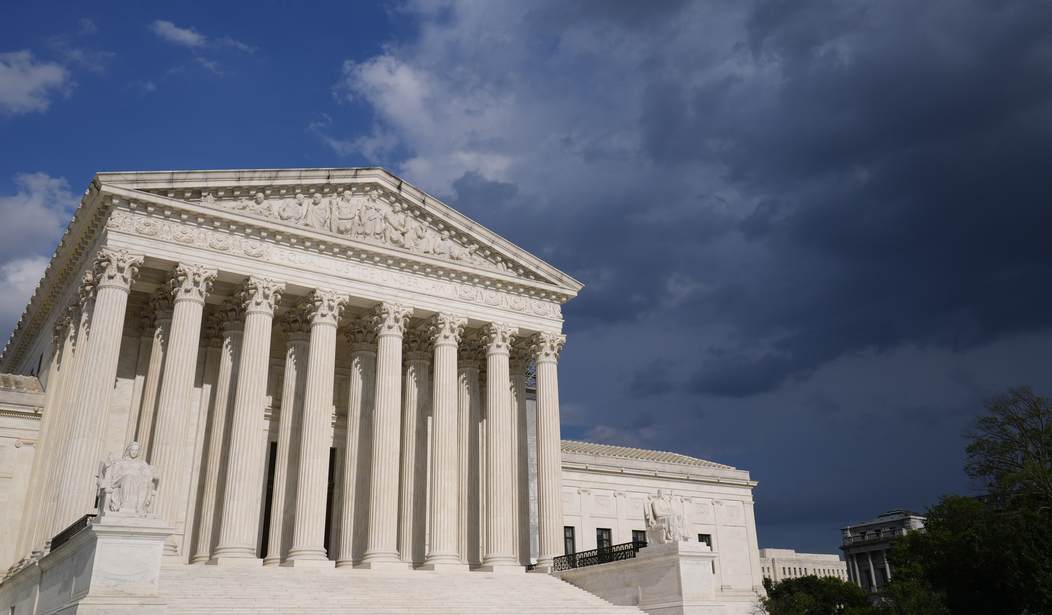


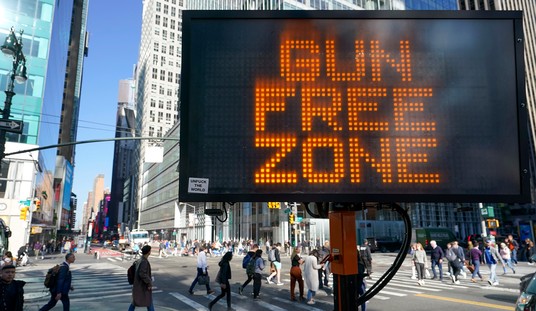

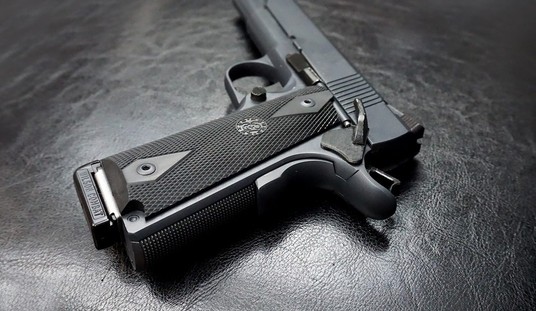
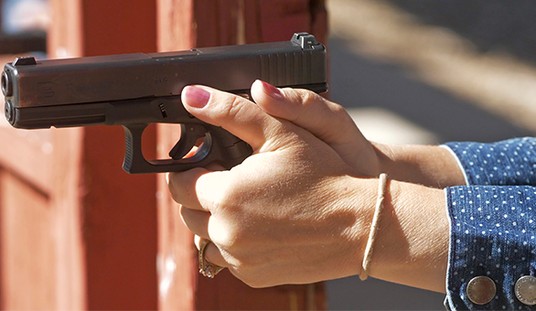

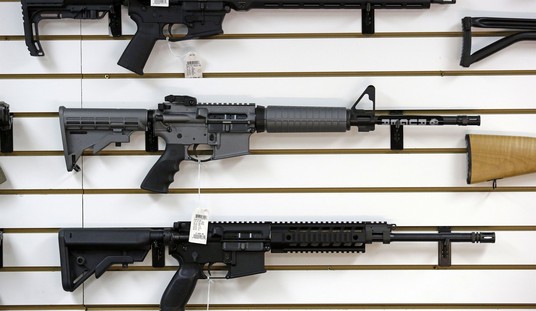
Join the conversation as a VIP Member